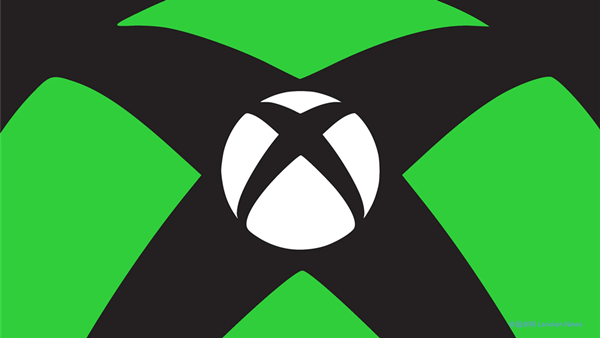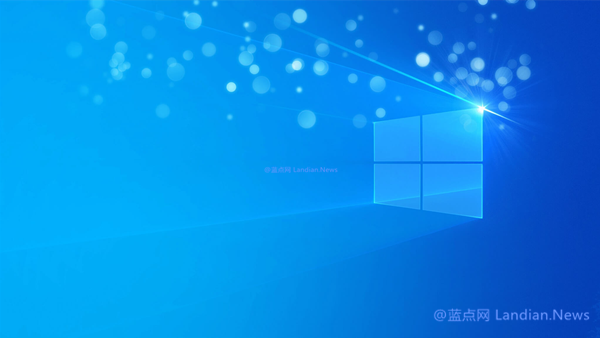Microsoft Reportedly Developing Successor to Windows 10 S, Potentially a Special Edition of Windows 12
As the development of the next generation of the Windows operating system—Windows 12—nears certainty, reports indicate that Microsoft is working on a new project that could be considered the successor to Windows 10 S, a lightweight edition of the Windows 10 OS that exclusively supported Universal Windows Platform (UWP) apps.
For years, Microsoft has aspired to modernize the Windows platform, and efforts included the development of Windows Core OS, an operating system focused on modularity and prioritizing UWP apps while shedding legacy Windows functions and app compatibility. The ultimate goal was to create a lightweight OS that could install updates rapidly and securely. However, the UWP ecosystem fell short of expectations, resulting in a limited number of usable apps for Windows 10 S.

As a consequence, Microsoft canceled the Windows Core OS project in 2021, halting the development of Windows Core OS for traditional PCs and laptops, and moved away from releasing traditional desktop operating systems based on Windows Core OS.
Now, according to recent articles from WindowsCentral, insiders familiar with Microsoft's plans reveal that the company has once again initiated a new project internally. This project aims to modernize the Windows platform through various innovations, similar to those attempted with Windows Core OS. However, Microsoft is taking a different approach this time by maintaining compatibility with traditional desktop apps, also known as Win32 software.
The new project, codenamed CorePC, is expected to be a specific edition (SKU) of Windows 12, designed to be modular, customizable, and compatible with various form factors, including but not limited to traditional PCs, laptops, and tablets.
Security is a major consideration, as CorePC is designed to be state-separated, similar to Windows Core OS. This means that users and third-party software cannot access read-only partitions, significantly enhancing security. In addition, CorePC can achieve faster update installations and improve system security, as well as provide a more reliable system reset feature.
CorePC is primarily targeted at educational institutions, as it aims to compete with Chromebooks and iPads, providing schools with an alternative to the current Windows 11 SE edition. By default, CorePC can run Microsoft Edge, Progressive Web Apps (PWA), Android apps ( via Project Latte), and Office apps. To meet certain usage requirements, Microsoft is also developing a compatibility layer codenamed "Neon" to run some legacy apps.
Furthermore, Microsoft is testing "silicon-optimized" CorePC, which involves optimization for chips, reducing resource overhead caused by legacy programs, and focusing more system resources on artificial intelligence (AI)—similar to Apple's vertical hardware optimization and software experience for its -series chips.
Speculation suggests that Microsoft will release CorePC sometime in 2024, developed in parallel with Windows 12, which has the development codename "Hudson Valley."
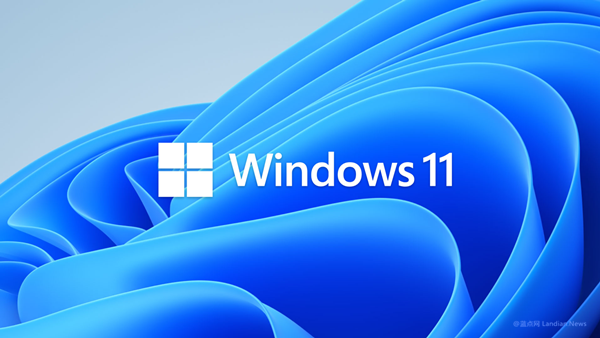

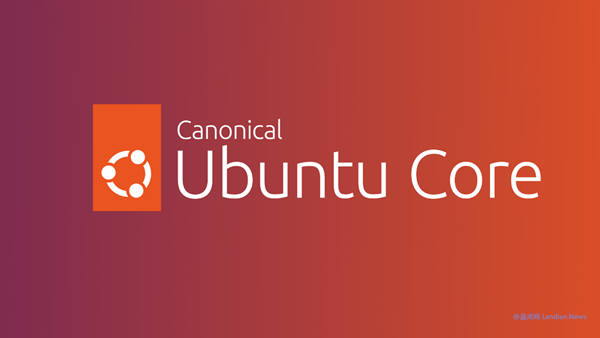
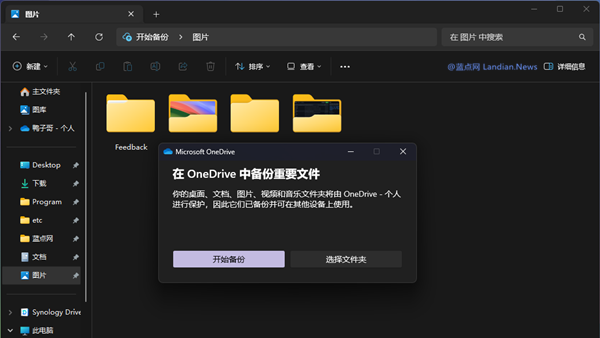


![[Tips] Four ways to switch the style of the taskbar search box after installing the March update of Windows 11](https://img.lancdn.com/landian/2023/03/97863-1.png)
![[Tips] Four ways to switch the style of the taskbar search box after installing the March update of Windows 11](https://img.lancdn.com/landian/2023/03/97863-2.png)
![[Tips] Four ways to switch the style of the taskbar search box after installing the March update of Windows 11](https://img.lancdn.com/landian/2023/03/97863-3.png)
![[Tips] Four ways to switch the style of the taskbar search box after installing the March update of Windows 11](https://img.lancdn.com/landian/2023/03/97863-4.png)
